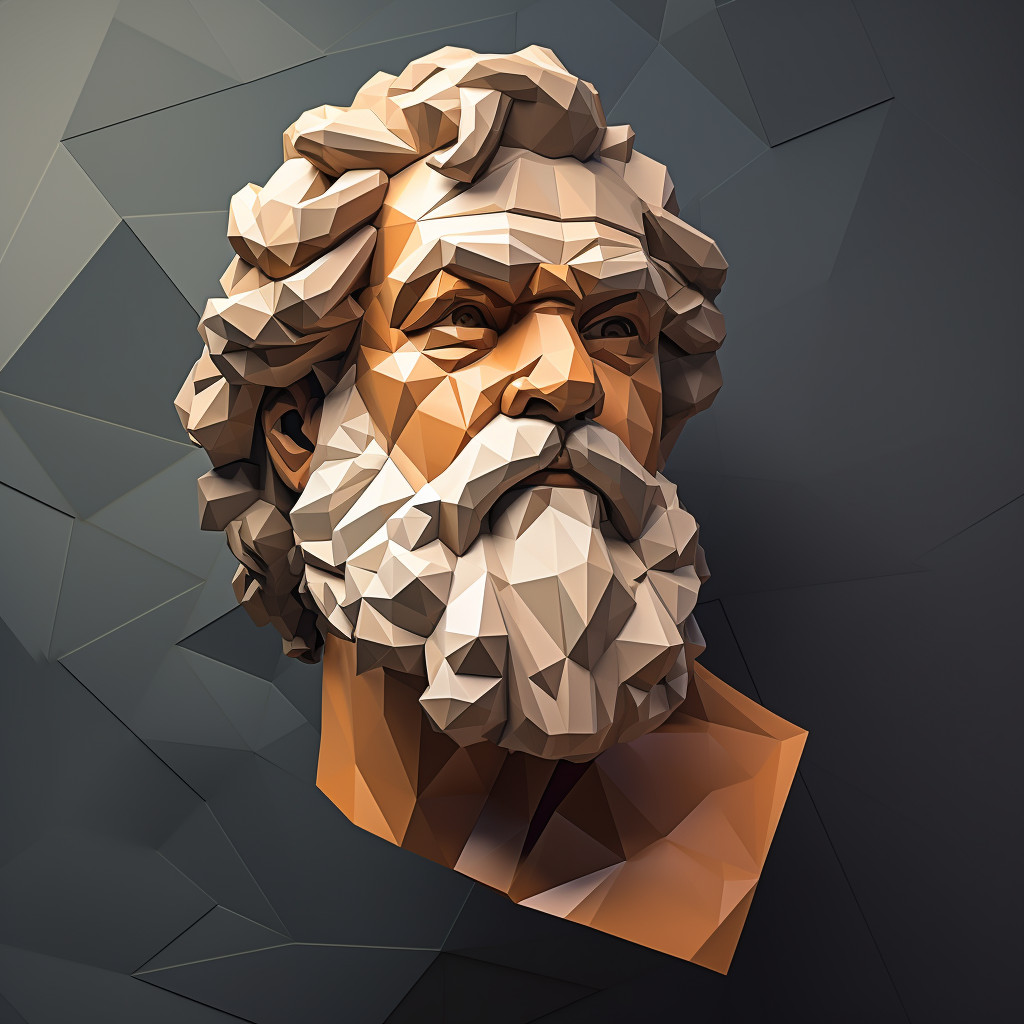This quote emphasizes the importance of acknowledging our limitations and gaps in understanding as a prerequisite to learning. It suggests that the journey to knowledge begins not with the accumulation of facts, but with the humble recognition of the vastness of what we don’t know. This is a powerful notion as it challenges the pride and ego that often hinder our growth and progress.
In the context of personal development, this idea encourages us to embrace a mindset of continuous learning and growth. It prompts us to question our assumptions, seek diverse perspectives, and be open to new experiences. It discourages complacency and stagnation, pushing us to continually evolve and adapt.
In today’s fast-paced and ever-changing world, this idea is especially relevant. With the rapid advancements in technology and the constant influx of new information, it’s impossible for anyone to know everything. By admitting our ignorance, we open ourselves up to the possibility of learning and adapting, which is crucial for survival and success in the modern world.
Moreover, this concept has profound implications for how we engage in conversations and debates. In a society that often prioritizes being right over seeking truth, admitting ignorance can foster more productive and respectful dialogues. It allows us to listen and learn from others, rather than simply asserting our own views.
In essence, the quote underscores the importance of humility, open-mindedness, and continuous learning in our pursuit of knowledge and personal growth. It reminds us that the path to wisdom begins with the acknowledgement of our own ignorance.




